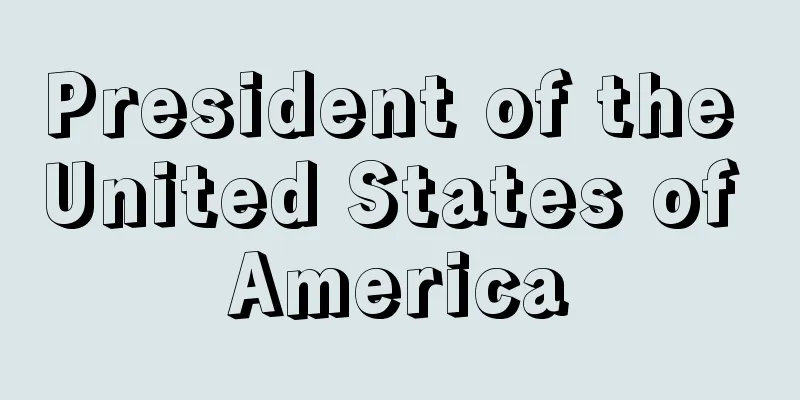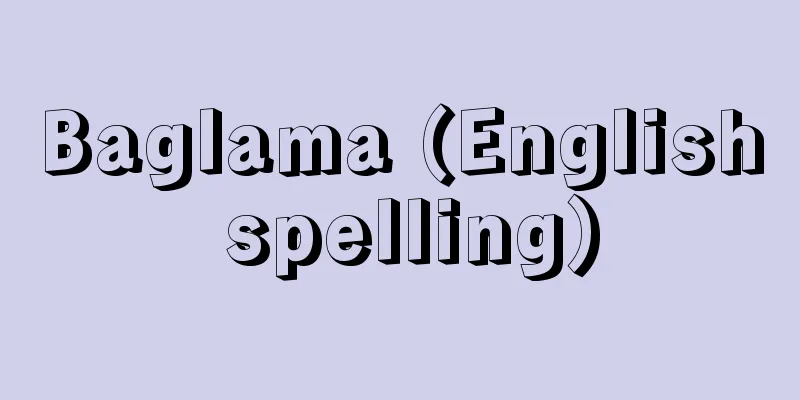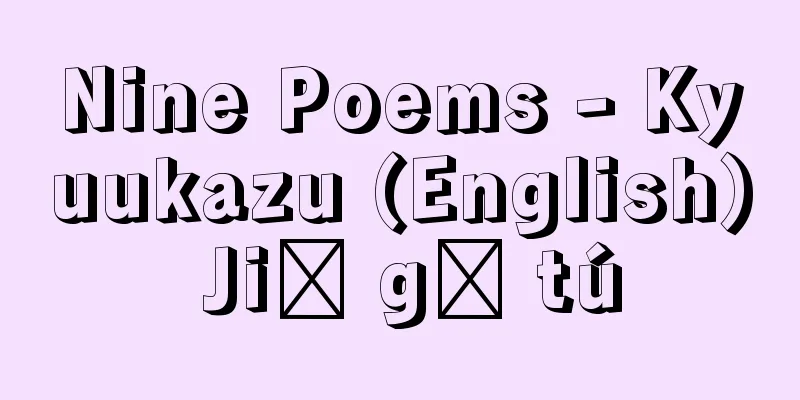President of the United States of America

|
The highest authority in the US executive branch. Also called the Chief Executive. Based on the principle of separation of powers, the Vice President has great power while maintaining mutual checks and balances with Congress and the Supreme Court. He has the power to appoint many federal officials, including important positions that require Senate consent, and controls a huge bureaucratic organization through the Executive Office of the President (EOP) and the heads of each executive department. He has the power of presidential veto, the power to conclude treaties (requires Senate consent), and the power to conclude executive agreements. He is also the Commander in Chief of the three branches of the military. Along with the Vice President, he is elected every four years, and his term of office is four years, with a ban on a third term (22nd Amendment to the Constitution, 1951). The exception is F.D. Roosevelt, who was elected four times before the amendment of the Constitution, from 1933 until his death in April 1945 while in office. The Vice President acts for the President in the event of the President's death, impeachment, or resignation. As the President of the Senate, he does not participate in deliberations, but votes to decide in the event of a tie. The succession to the presidency is made up of the Vice President, the Speaker of the House of Representatives, the President pro tempore of the Senate, the Secretary of State, and the Chief Executive Officers of each executive department (Presidential Succession Act of 1947 and the 25th Amendment to the Constitution of 1967). The President receives an annual salary of $400,000 (tax included), $50,000 (tax-exempt) for official business, as well as $100,000 for travel expenses and $190,000 for entertainment expenses. (Masahiro Hosoya, Professor, Graduate School of American Studies, Doshisha University / 2007) Source : "Chiezo" published by Asahi Shimbun Publications Co., Ltd. About Chiezo |
|
米国行政府の最高責任者。Chief Executiveとも呼ばれる。三権分立の原則に基づき、連邦議会、連邦最高裁判所と共に、相互に抑制と均衡を保ちながらも、強大な権力を持つ。上院の同意が必要な要職を含め、多数の連邦官吏の任命権を持ち、大統領行政府(EOP)や行政各省長官を通じて巨大な官僚組織を統率する。大統領拒否権、条約締結権(上院の同意が必要)、行政協定締結権を持つ。陸海空三軍の最高司令官(Commander in Chief)でもある。副大統領と共に、4年ごとの選挙で選ばれ、任期は4年、3選は禁止されている(憲法修正第22条・1951年)。例外は憲法の修正以前に4選されたF.D.ルーズベルトで、1933年から在職中病死する45年4月まで務めた。副大統領は大統領の死亡、弾劾、辞職などの際、大統領職を代行する。また上院議長として、審議には加わらないが可否同数の時、投票して決定する。大統領職を継承するのは、副大統領以下、下院議長、上院議長代行、国務長官ほか行政各省長官となっている(大統領継承法・1947年及び憲法修正第25条・1967年)。なお、大統領には年俸40万ドル(税込み)、公務用5万ドル(非課税)のほか、10万ドルの旅費、19万ドルの交際費などが支給される。
(細谷正宏 同志社大学大学院アメリカ研究科教授 / 2007年) 出典 (株)朝日新聞出版発行「知恵蔵」知恵蔵について 情報 |
<<: American Commerce Office - American Commerce Office
>>: American Society of Landscape Architects
Recommend
Water flea
A general term for marine crustaceans of the genus...
āgama (English spelling) agama
...An early Buddhist scripture that compiles the ...
Nishizaki Midori
Japanese dancer. [Kisaragi Aoko] First World (191...
Strugatskii, BN (English spelling) StrugatskiiBN
...A duo of science fiction writers from the Sovi...
Campodea ishii (English spelling) Campodeaishii
…They are found all over the world and are also c...
Kuchuusai - Kuchuusai
…He was the eldest son of Honnami Koetsu's ad...
Henrik Gabriel Porthan
1739‐1804 A historian and linguist from Finland (t...
trictrac
...It was introduced westward by the Roman Empire...
Nagasu Mikuriya
A Kamo Shrine's land kitchen located in Kawabe...
Obotate - Obotate
...A celebration in which a pregnant woman is giv...
Chrysididae
…A general term for insects of the family Chrysid...
Body color - coloration
This refers to the color exhibited by the body su...
Rotary kiln - Rotary kiln (English spelling)
A general term for rotary kilns, which are genera...
Jaquet-Droze and his son - Jaquet-Droze
A father and son duo known for making automata in ...
Khaireddin
...Morocco, Algiers, Tunis, Tripoli, and other pl...







![Kitakyushu [city] - Kitakyushu](/upload/images/67cb532d894eb.webp)

